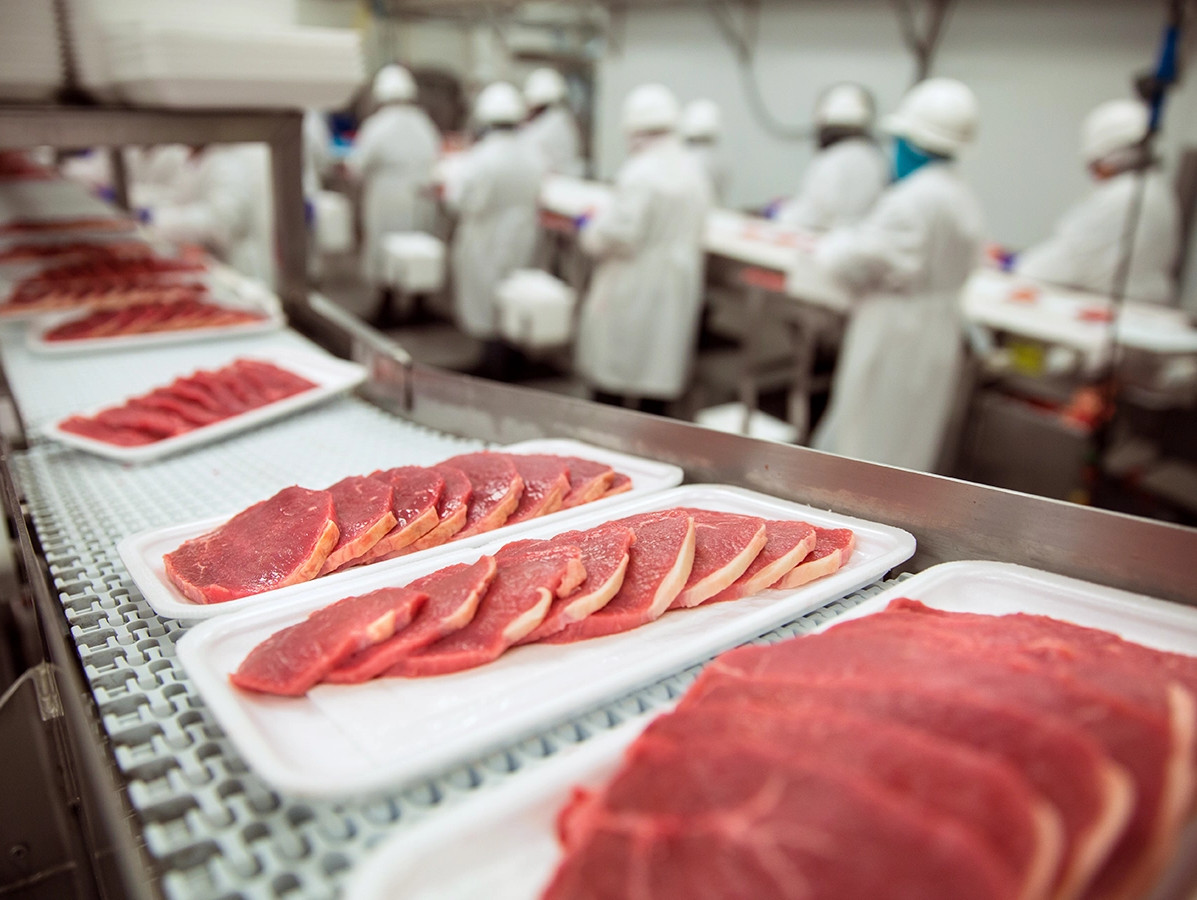
The Dutch food processing industry still runs largely on manual labour. But that model is beginning to strain. While other sectors are investing heavily in automation, productivity in food production has barely moved in the past decade.
Since 2000, labour productivity in the sector has increased by just 12 percent. A modest gain compared to the rest of the industrial sector, which saw growth of around 75 percent in the same period. Over the past ten years, growth has mainly come from longer working hours. In short: employees are working harder, not more efficiently.
And that’s becoming a problem, as the labour market has been tight for years. Production vacancies are increasingly hard to fill, and migrant workers from Eastern Europe are either staying away or demanding higher pay. New labour regulations are pushing costs up even further.
Rather than investing in machines or smart software, many companies still opt to bring in more workers. That offers flexibility, but it’s not a sustainable strategy. Capital investments in the sector stand at just 2.3 percent of production volume—well below the average across commercial industries.
On top of that, the number of bankruptcies remains exceptionally low, partly due to pandemic-related government support. Businesses that weren’t economically viable stayed afloat thanks to wage subsidies and low-interest loans. According to research by the CPB, it was precisely the least productive companies that received support most frequently.
Much of the automation in the 1990s was driven by offshoring low-productivity activities. That approach has now run its course. Global supply chains are fragile, and geopolitical tensions have made offshoring more risky than ever.
Meanwhile, the sector still consists largely of small players: 86 percent have fewer than ten employees. Many family-run businesses stick to familiar routines and lack the scale to invest in automation or comply with increasingly complex sustainability regulations. According to ABN AMRO, the way forward lies in robotisation and consolidation. But that will require companies to invest—not just in people, but also in machines.
Read all the facts and findings in the report 'Magere groei voedingsbedrijven leunt op goedkope arbeid'.
Abnamro.nl
Source: ABN Amro